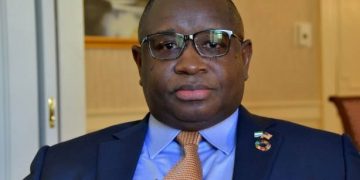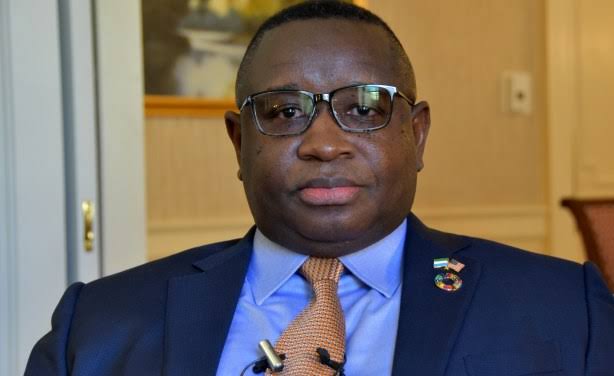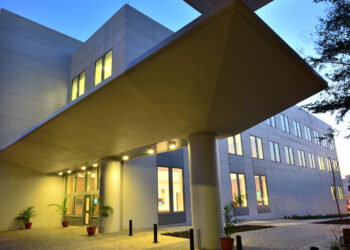By John Ikani
Sierra Leone has enforced a nationwide curfew in a swift response to an attempted breach at the Wilberforce military barracks in Freetown.
President Julius Maada Bio confirmed the security lapse, revealing that unidentified individuals had attacked the military armoury.
“Fortunately, they were repelled, restoring calm, though not without a notable impact,” said Bio.
The incident, which included a jailbreak led to the release of detainees from Central Padema Road prison in Freetown.
The president, urging citizens to stay indoors, asserted, “We shall continue to protect the peace and security of Sierra Leone against the forces that wish to truncate our much-cherished stability.”
Situated strategically near President Bio’s residence, the Wilberforce barracks plays a vital role in storing weapons.
Reports from local journalists indicated heavy gunfire in Freetown, with soldiers securing key areas using rocket-propelled grenades and rifles.
The reverberations of this event extend beyond Sierra Leone, resonating in a region that has faced its share of military coups in recent years.
Guinea, Sierra Leone’s neighbour, remains under junta rule despite international efforts for civilian governance restoration.
President Bio, a former military officer, faced rejection of his reelection results challenged by his main opponent and questioned by some observers citing transparency concerns.
Amidst these challenges, the U.S. Embassy strongly condemned the attempted break-in, emphasizing the lack of justification for such actions. Residents were urged to cooperate with government security forces.
Despite Bio’s leadership bringing one million more children into Sierra Leone’s schools, the nation grapples with record inflation, unemployment, and severe food insecurity in West Africa.
Accusations of violent repression during protests, particularly in the summer of 2022, where over two dozen lost their lives, further underscore the challenges faced by the Bio administration.




































